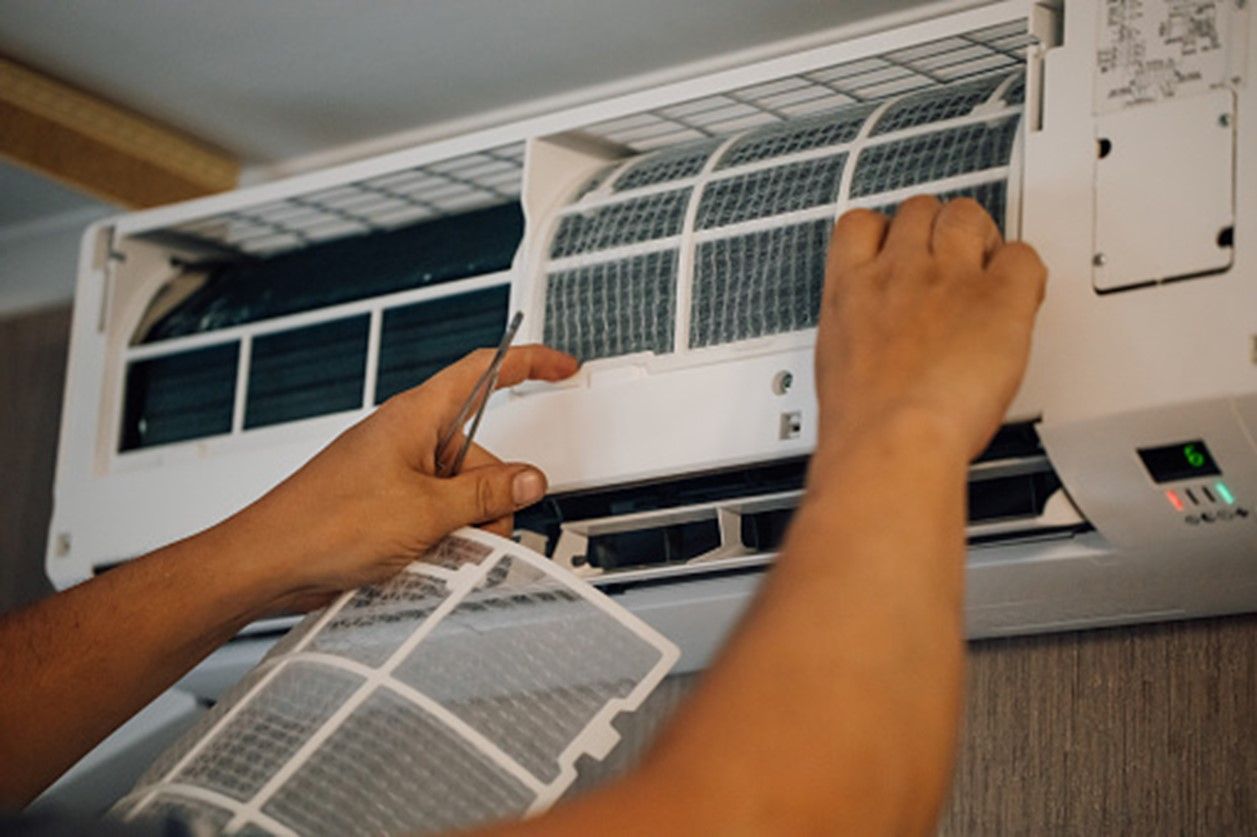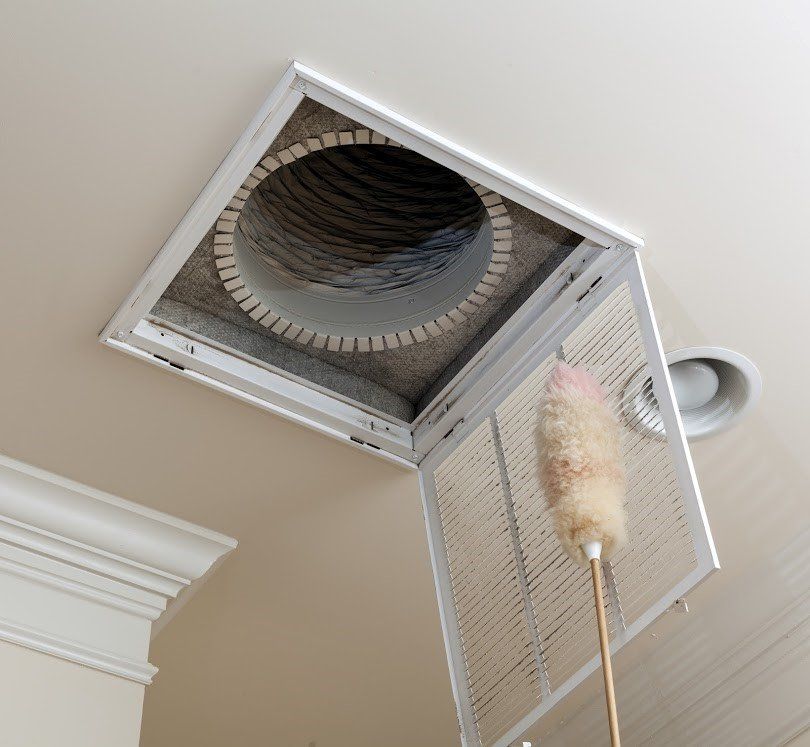Can You Replace or Mix AC Refrigerants?
June 9, 2020

Can you replace or mix air conditioning refrigerants? Chlorofluorocarbon refrigerants, such as HCFC-22 (also known as R-22), were phased out by the beginning of 2020. If your older AC system uses HCFC-22/R-22, take a look at what you need to know before you consider combining refrigerants.
What Are Refrigerants?
Refrigerants are chemical compounds that help your AC system cool the air. The refrigerant absorbs heat from inside your home (as a gas) and then travels into the exterior condenser. The condenser cools the gas and turns into a liquid. The liquid moves back into your central AC unit and repeats the cooling cycle.
Without a refrigerant, your air conditioner couldn't cool your home. Even though your AC system will still turn on and blow air without refrigerant, low levels or a leak will dramatically interfere with the unit's ability to cool your home.
What Type of Refrigerant Does Your Home's Older System Use?
Older air conditioners use HCFC-22. This common refrigerant is also known as R-22. The chlorofluorocarbons in HCFC-22 are environmentally unfriendly and cause ozone depletion. The environmental impact of HCFC-22 led to a mandatory phaseout program. As of January 1, 2020, manufacturers in the United States cannot produce or import this type of refrigerant.
What Refrigerants Do New AC Systems Use?
With the phase-out of HCFC-22 came the introduction of new refrigerants. Ozone-friendly refrigerants, such as R-410A, are now used in residential AC systems.
If you have an older system that uses HCFC-22, an HVAC contractor can possibly retrofit the air conditioner for R-410A use. This isn't always possible and depends on the system and technician. According to the U.S. Environmental Protection Agency (EPA), only Section 608–certified HVAC contractors can retrofit these systems or repair AC units that use HCFC-22.
Can You Replace One Refrigerant With Another?
A retrofit and refrigerant replacement are two separate HVAC issues. A retrofit requires a certified technician to convert older AC systems. If you want to switch refrigerants, the technician cannot simply refill your older system with newer R-410A. This type of replacement won't work and is not allowed under the EPA's guidelines.
Can You Mix Older and Newer Refrigerants?
A recharge or refill service for your older HCFC-22 unit doesn't mean the technician will add new R-410A refrigerant to the line. Again, it's not advisable (or allowable) to replace older refrigerants with newer versions — unless a Section 608–certified technician retrofits the system first. This means you can't mix older HCFC-22 with newer R-410A or any other refrigerant product.
If your older system is low on refrigerant, a Section 608–certified HVAC technician can add recovered or reclaimed HCFC-22. While manufacturers can’t legally make or import the refrigerant, they are allowed to use the reclaimed version. According to the EPA, reclaimers recovered between 2000 and 2018 over 140 million pounds of this older phased-out refrigerant.
What Happens If You Mix Refrigerants?
A qualified, experienced HVAC contractor should never offer to mix refrigerants in your home's AC system. If the technician suggests this type of service (without a retrofit), you may need to find a new contractor to work with.
Refrigerant mixing can result in increased AC system temperatures and pressures. This can reduce the capacity for the unit to cool effectively and efficiently, damage the compressor, or result in other system failures. Even though it may seem like a cost-saving strategy (in comparison to a retrofit), mixing HCFC-22 and R410-A may result in the need to replace the entire system.
Do you need to replace your home's older air conditioner system with a new one that uses an environmentally friendly refrigerant? Contact Weather Control Air Conditioning, Inc.,
for more information.
















